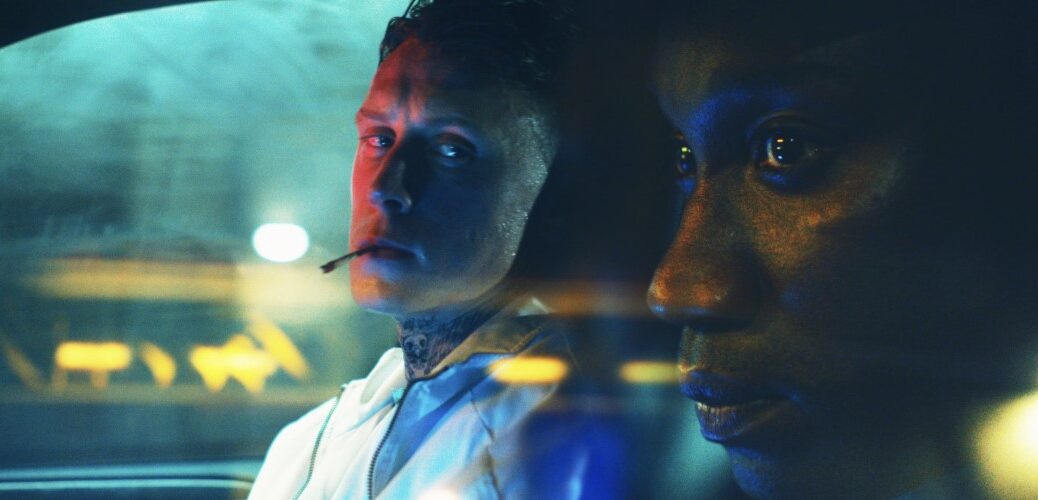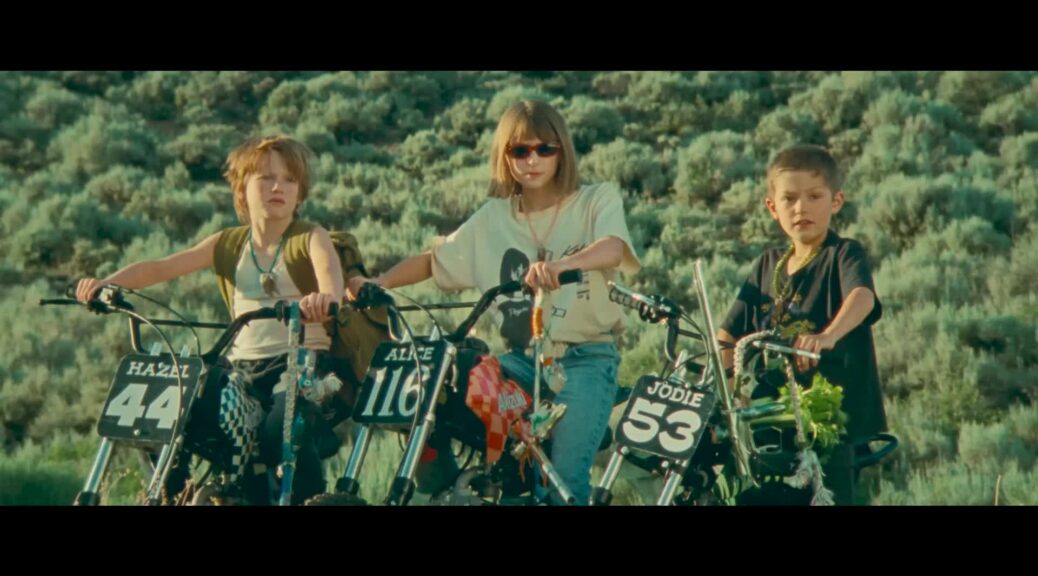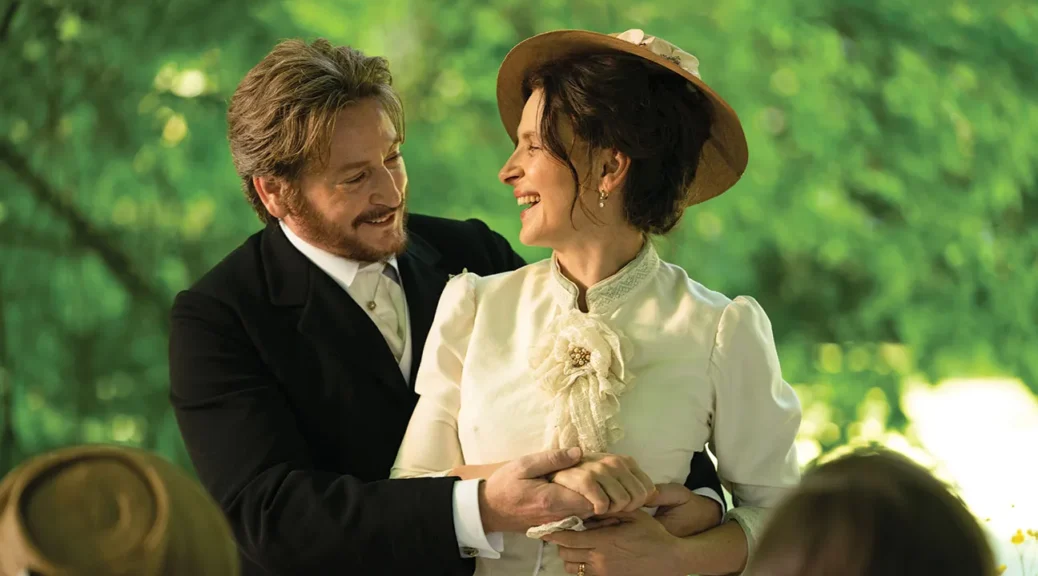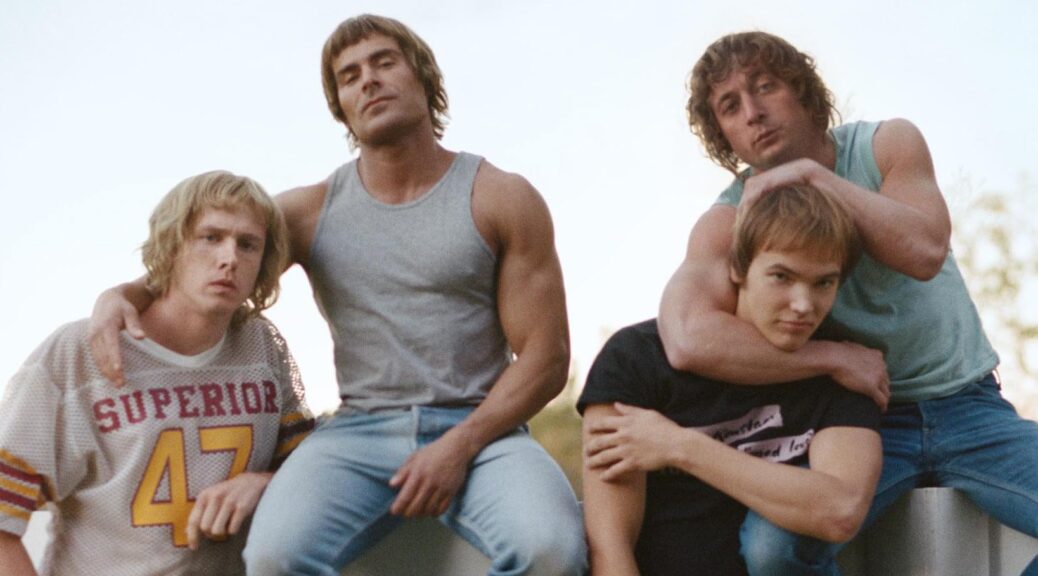The Blue Rose
by Matt Weiner
There’s a deep-rooted, surreal evil lurking at the heart of the idealized, candy-colored world of Blue Velvet that traps all its characters in a web of… no, wait, this is The Blue Rose.
Writer and director George Baron’s first feature film is either a love letter to David Lynch or a pale imitation that draws heavily—heavily—on that director’s themes, mood, tone, plots, imagery and characters. Your mileage may vary depending on your affection for the original source material.
Young LAPD detectives Dalton (Baron) and Lilly (Olivia Scott Welch) take on a gruesome, high-profile murder case set in a dreamy 1950s version of Los Angeles. Like anyone in Hollywood, the two are looking for their big break, one much needed after botching their last case.
This one should be a straightforward whodunnit: painter Sophie Steele (Nikko Austen Smith) has more than enough means and motive in the death of her abusive husband. As the detectives chase down leads and interview less than forthcoming persons of interest, the lines between potential witness and suspect start to blur.
And all of that’s before the pair gets thrown into a Lynchian nightmare of an alternate reality, masterminded by a femme fatale overseeing a vast conspiracy. While this nightmare world often fails to rise above echoes of Lynch, the production design is immaculate for such an ambitious setting. It also goes a long way—along with a number of wonderful off-kilter performances—toward giving the nightmare sequences some actual teeth. (In particular, Viola Odette Harlow channels her best Isabella Rossellini as the nightclub ingenue Catherine.)
Often, though, Baron’s dream world swaps out soul-shaking Lynchian horror for jump scares. The effects are creepy but fleeting, and emblematic of the bigger problems with the story. The Blue Rose might be a fun diversion for diehard Lynch fans. But it also serves as a helpful comparison for those usually put off by the director, to see what a skin-deep send-up looks like without the cosmically unnerving core of the original.
It’s not the worst outing for a feature debut, but Baron should go beyond the sum of his influences if he hopes to equal them in profundity.













